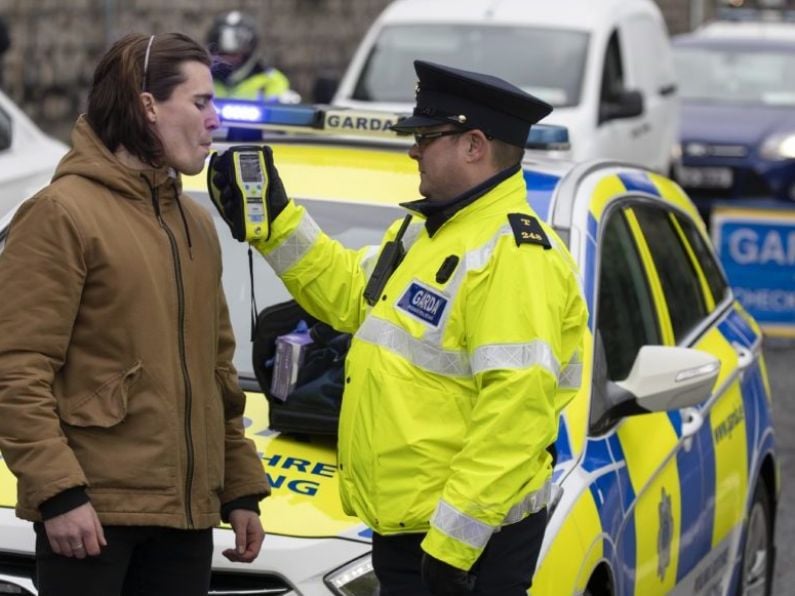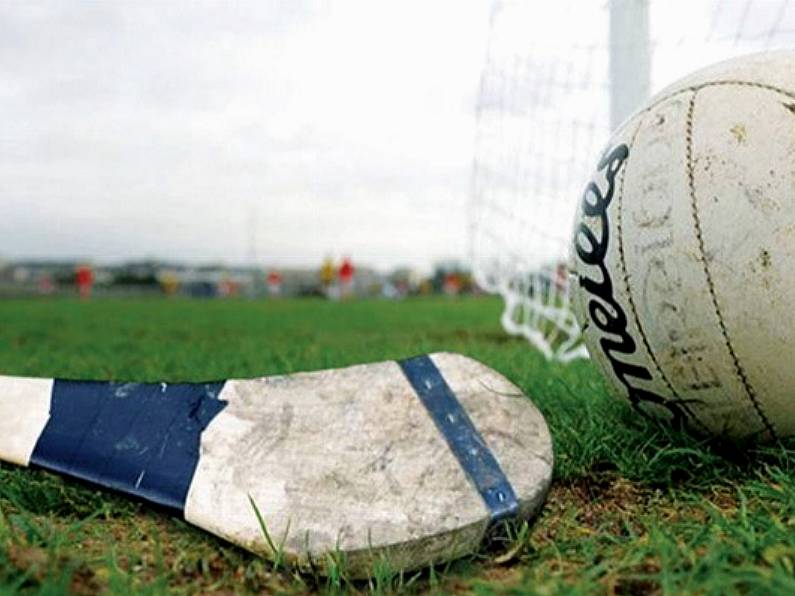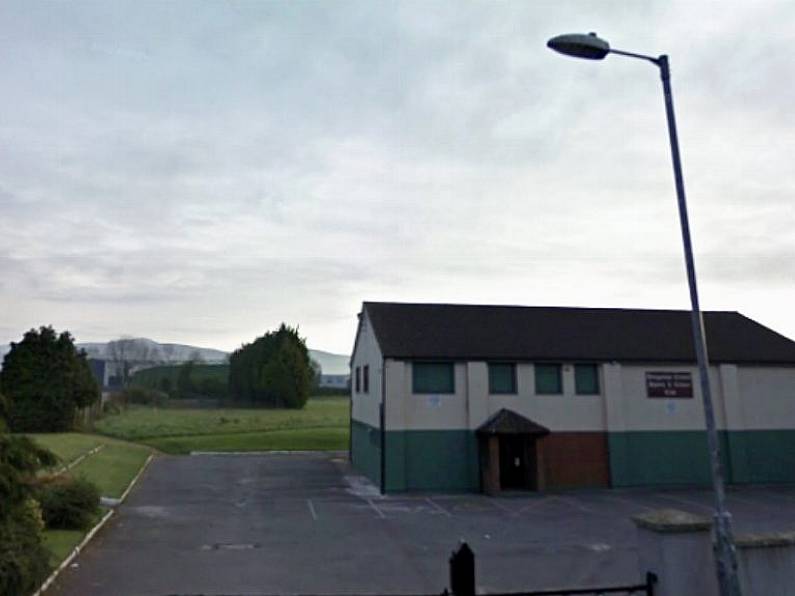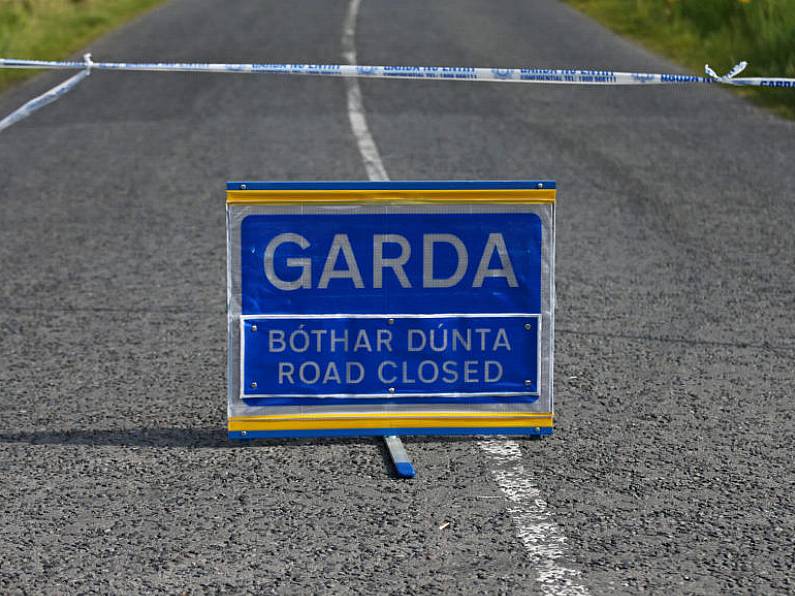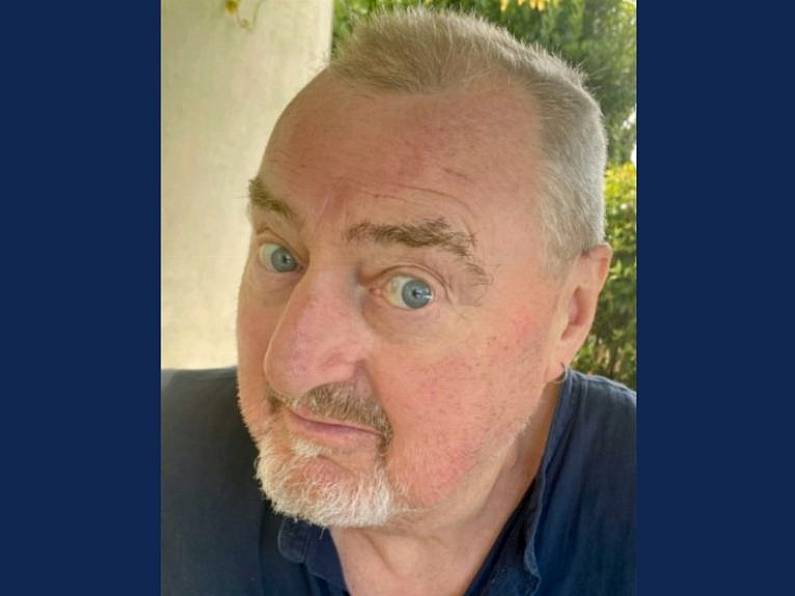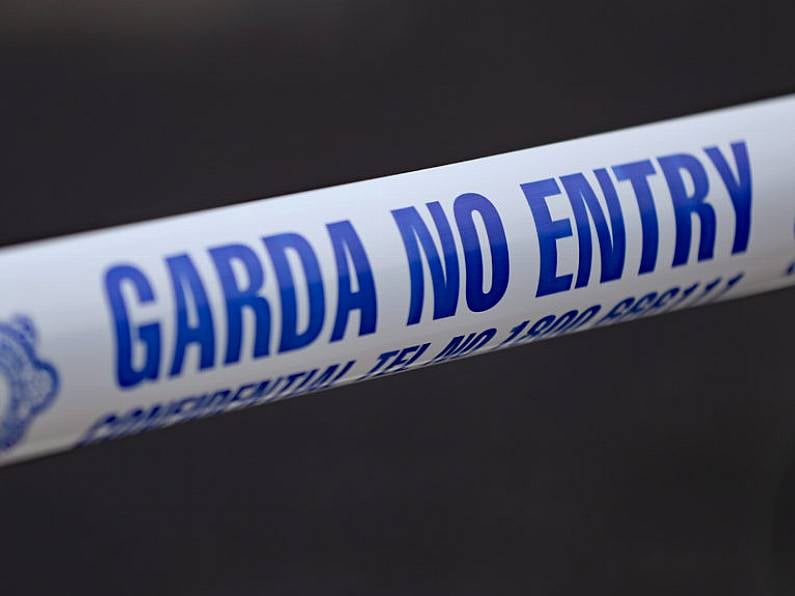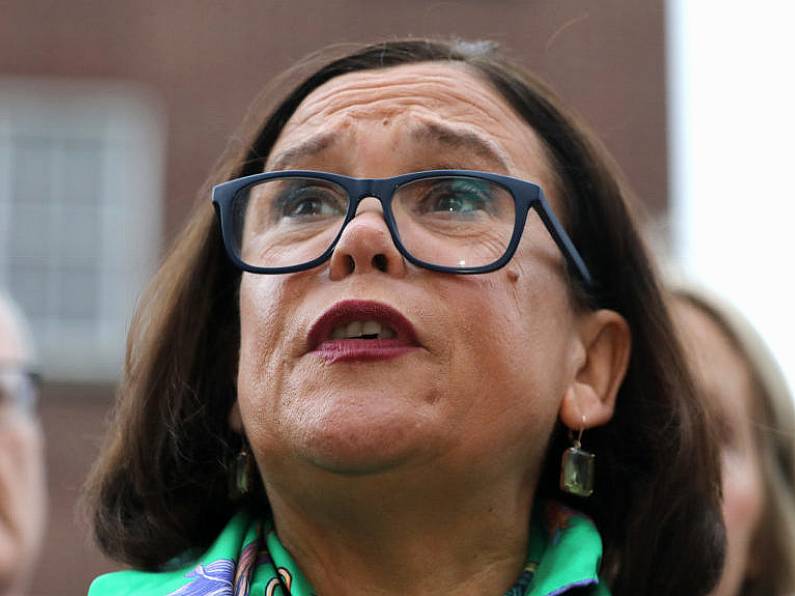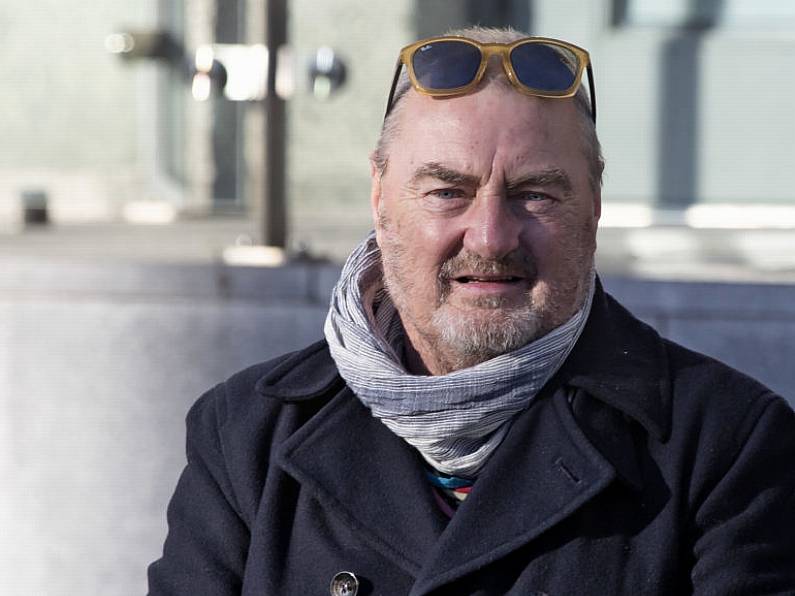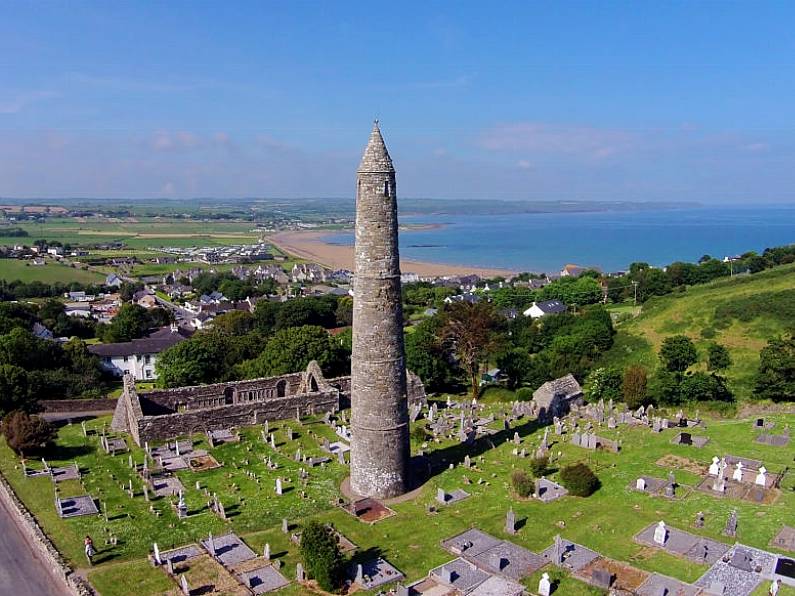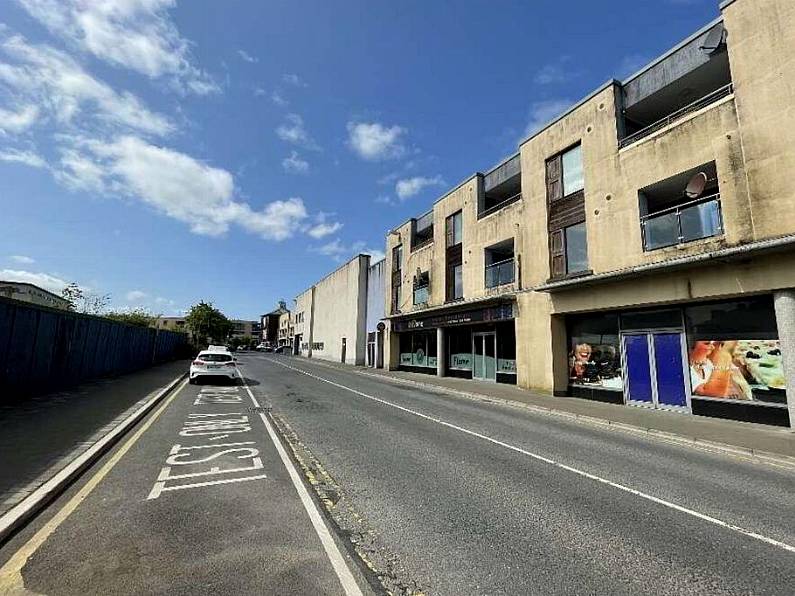One in four motorists (26 per cent) admit there are times they may have been over the legal alcohol limit while driving the morning after a night out, according to new research released by the Road Safety Authority (RSA).
The finding comes as the RSA and An Garda Síochána launch an appeal for all road users to act responsibly, and not to drink and drive, over the extended St Patrick’s Day bank holiday weekend.
The appeal follows what the RSA said was a “worrying” start to the year, with 37 people killed on the roads to date - an increase of 20 deaths or 118 per cent compared to the same time last year.
Gardaí say one in ten alcohol-related crashes happen the morning after, while 10 per cent of the 10,206 drink and drug-driving arrests over the last 14 months took place between the hours of 7am and 12pm.
Sam Waide, chief executive of the RSA, said: “Both collision and enforcement data tells us that alcohol related collisions do happen the morning after a night out. I am urging people to take extra care this extended bank holiday weekend and to think before they get behind the wheel after a night of drinking.
“It is important to remember that the only way you can get rid of alcohol from your body is time.
“What you can do is plan safe travel to enjoy your celebrations, but also plan the following day if you’ve had a big night and are on the move the morning after. I wish people well in celebrating St Patrick’s Day and to have fun but please don’t drink and drive.”
Garda checkpoints
Garda assistant commissioner Paula Hilman of the Roads Policing unit said the force will be carrying out checkpoints “day and night throughout this festival period.”
“Gardaí will be keeping people safe on our roads and will be visible across the country over this St Patrick’s Day and weekend. Our priority is to keep people safe and prevent death and injury on our roads.
“I would appeal to those of you who are socialising and consuming alcohol to leave your car at home or designate a driver and remember you may still be over the limit the morning after.
“We must change the current trends we are seeing in road fatalities in 2022. Too many families have already lost loved ones this year.”
Minister of State at the Department of Transport Hildegarde Naughton also joined the appeal, urging the public to enjoy “our first meaningful St Patrick’s Day weekend in three years” responsibly.
“I am particularly struck by the number of people admitting to driving the morning after a night out with alcohol in their system. Remember you must take extra care the morning after a night of socialising, wait until it is safe before returning to the road or use public transport, take a taxi or a lift from a friend or colleague,” she said.
Survey findings
The RSA’s survey of driver attitudes, conducted by Behaviour & Attitudes and carried out in November 2021, also revealed that a quarter of motorists surveyed (26 per cent) think it is acceptable to drive short distances in their local area after one alcoholic drink.
Almost half (48 per cent) of respondents admitted to travelling as a passenger in a car where they knew the driver had consumed alcohol.
Nine per cent of motorists indicated they had consumed alcohol before driving in the past 12 months, while 34 per cent of motorists had two or more drinks before doing so.
The RSA is urging people to remember the following key guidelines the morning after drinking:
- The only cure is time – after alcohol consumption, the only way to expel alcohol from your body is to wait.
- It takes roughly one hour for a unit of alcohol to leave the body – one unit of alcohol is a standard measure of spirit, wine, or a half glass of beer.
- Fatigue magnifies the impairment effect of alcohol – if you went to bed very late after consuming alcohol, you may not be fit to drive until lunchtime the next day.



